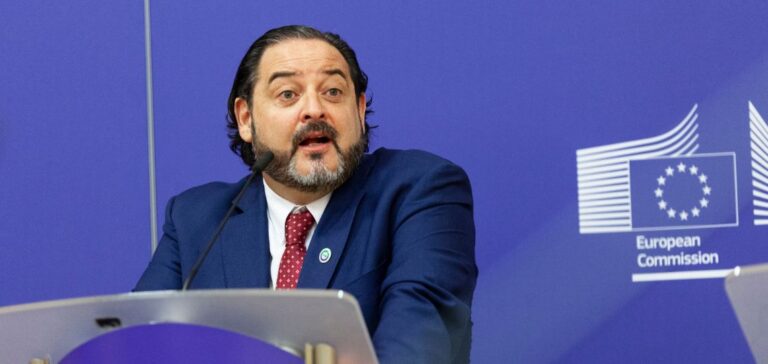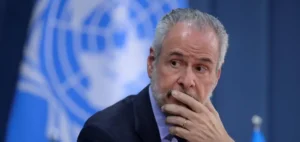The European Union and the Latin American Energy Organization (Organización Latinoamericana de Energía, OLADE) have signed a memorandum of understanding aimed at strengthening their cooperation in the energy sector. The agreement, signed by European Commissioner for Energy and Housing Dan Jørgensen and OLADE Executive Secretary Andrés Rebolledo, also grants the EU permanent observer status within the organisation.
A cooperation framework for public and private actors
The memorandum provides for the active involvement of European stakeholders in OLADE events and decision-making bodies. It also outlines mechanisms for the exchange of expertise and the joint development of projects, while offering technical assistance for their implementation. Together, the two blocs represent over one billion people, approximately 14% of the global population, and 21% of global GDP.
Coordination on COP28 commitments
Both parties have agreed to collaborate on implementing the objectives set at the United Nations Climate Change Conference (COP28), including the global pledge to triple installed renewable energy capacity and double energy efficiency by 2030. This coordination will also involve partnerships with institutions such as the International Renewable Energy Agency (IRENA), the International Energy Agency (IEA), the United Nations Development Programme (UNDP), and the Economic Commission for Latin America and the Caribbean (ECLAC).
Focus on methane emissions in the region
The agreement further outlines enhanced cooperation on reducing methane emissions in key sectors such as agriculture, transport, and fossil fuels. This component will be supported by the work of the Latin American and Caribbean Methane Emission Observatory (OEMLAC) and the International Methane Emissions Observatory (IMEO).
Dan Jørgensen stated that the agreement “will help better integrate regional energy efforts” and “strengthen collaboration between Europe, Latin America and the Caribbean, particularly at expert level.”






















